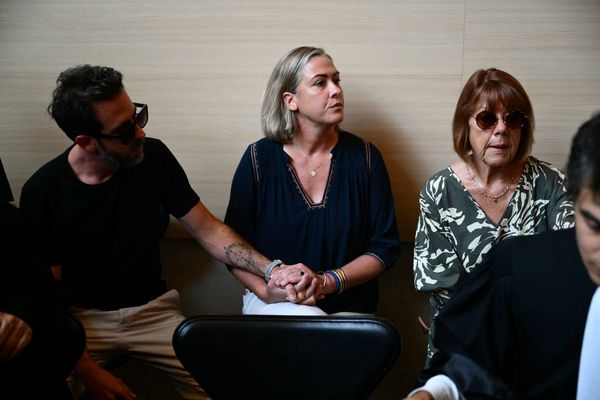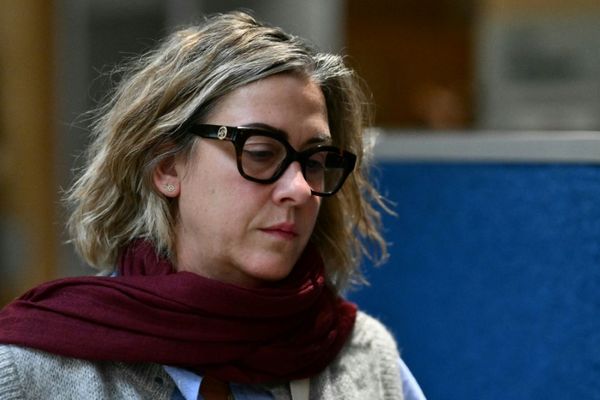
The pound fell again on Thursday after it briefly bounced back from a historic low as markets remained cautious of the Bank of England’s forceful measures to stem economic turmoil.
In Thursday’s Asia trading, sterling tumbled 0.8 per cent lower to $1.08, while the euro also took a beating against the dollar.
The British currency saw its strongest rally since mid-June on Wednesday, having hit its lowest level against the dollar in history when it fell more than 4 per cent on Monday.
The bounce-back happened after the Bank of England announced it is making an emergency intervention to calm currency markets still reacting adversely to the tax-slashing “mini-budget” chancellor Kwasi Kwarteng unveiled on Friday.
“The BoE’s bond purchases may temper the UK government’s borrowing costs but have not resolved the tensions between fiscal loosening and monetary tightening,” Carol Kong, a strategist at Commonwealth Bank of Australia, said responding to the latest plunge of the pound.
“Concerns about the UK’s fiscal plan and its broader economy suggest sterling will likely stay offered against the dollar and other major currencies in the near term.”
Britain’s central bank and Mr Kwarteng faced heat this week after sterling hit $1.0327 on Monday, a record low, as investors delivered a scathing rebuke of the chancellor’s announcement of Britain’s biggest tax cuts in 50 years, funded by a massive increase in borrowing.
Prime minister Liz Truss has been accused of hiding away amid an economic crisis, as she has remained out of the public eye since she sat on the green Commons benches alongside her chancellor for his statement on Friday. Ms Truss was scheduled to do a round of radio interviews from 8am on Thursday morning.
The dip in the pound has put a spotlight on Bank of England officials David Ramsden, Silvana Tenreyro, and Huw Pill who would be watched closely during their appearance later on Thursday.
Mr Kwarteng will also address the Conservative Party conference on Monday.
“Sterling is not out of the woods,” said DBS currency strategist Philip Wee. “The BoE is seen addressing the symptom and not the cause.
“The ... government has yet to address the credibility of the tax cut plans, which critics see adding to the inflation woes.”







